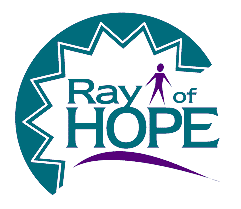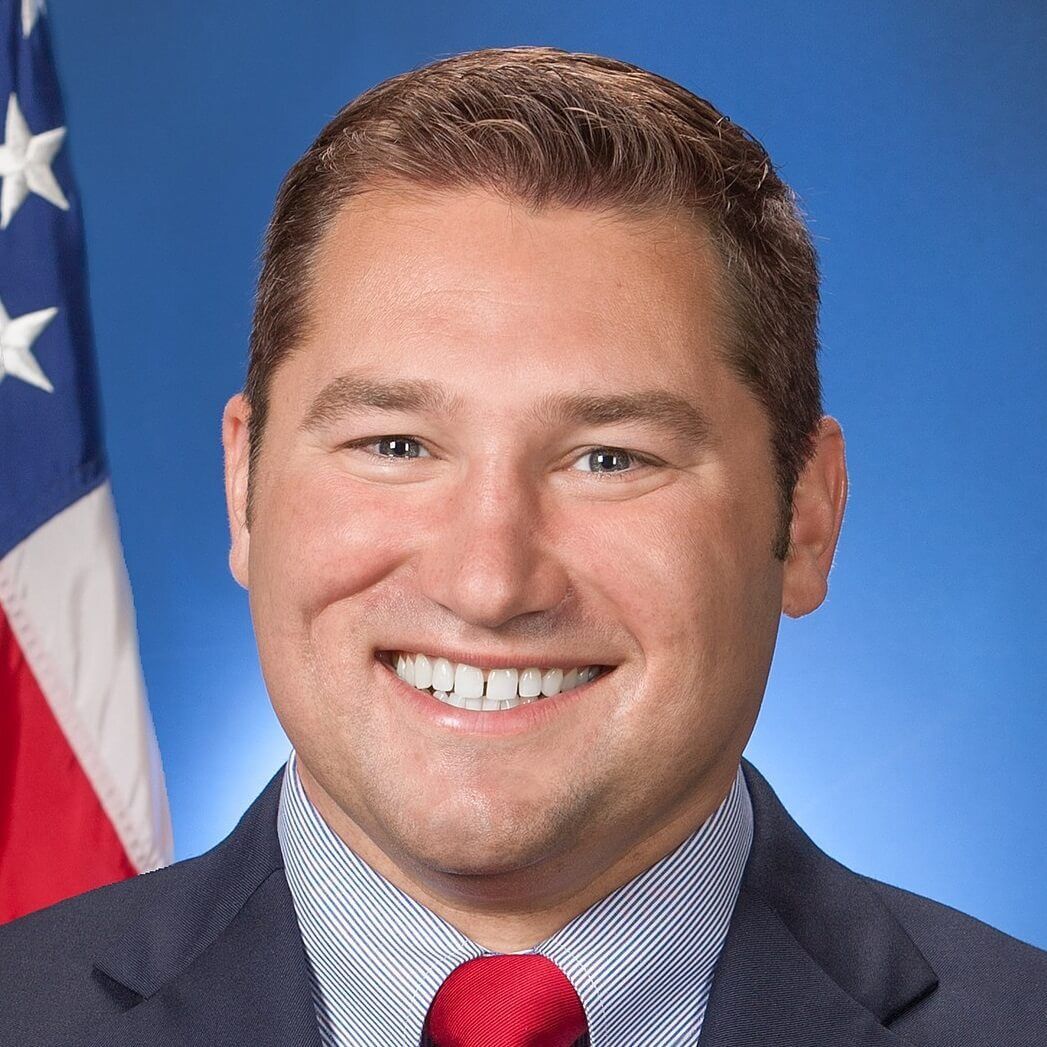Addressing a Growing Concern
In Westmoreland County, the alarming rise in suicide cases, reaching a record 62 deaths last year, has sparked a vital conversation about mental health and suicide prevention. This concern is not just a statistic but a call to action for the community, as survivors and advocates work tirelessly to shine a light on this critical issue.
Personal Stories of Loss and Recovery
Sue Soltis of Derry Township, a member of the Ray of Hope Task Force and a facilitator for the LOSS (Loved Ones Stolen by Suicide) Support Group, shares her personal journey of losing family members to suicide. Her involvement in support groups and her efforts in the Local Outreach to Suicide Survivors (LOSS) team exemplify how personal tragedy can transform into a mission to help others.
The Role of Community and Connection
The increase in suicides, especially among specific demographics like white men ages 40-60 and the elderly, underscores the need for community connection and mental health support. Soltis emphasizes, “The No. 1 protective factor is being connected with other people.” This statement highlights the importance of community support systems in combating the risk of suicide.
A Comprehensive Approach to Prevention
Westmoreland County Coroner Tim Carson, in collaboration with mental health organizations and the LOSS team, is addressing this crisis through various initiatives, including proposed anti-bullying programs for schools. Additionally, September’s National Suicide Prevention Awareness Month brings a renewed focus on high-risk groups, such as military veterans, with specific subcommittees in Ray of Hope dedicated to this cause.
Available Resources for Support
For those in crisis or experiencing suicidal thoughts, resources are readily available:
- The Westmoreland County Crisis Hotline at 800-836-6010.
- The National Suicide and Crisis Lifeline at 988.
- The Veterans Crisis Line, accessible by dialing 988 and pressing 1, or texting 838255.
For more information on Ray of Hope’s suicide prevention programs and services, or the LOSS Support Group, individuals can visit Ray of Hope Westmoreland or contact
them at 724-834-6351, Ext. 118. Additionally, BeThe1To offers valuable tips on reaching out to those who may be at risk for suicide.
Conclusion: Turning Pain into Purpose
The rising suicide rates in Westmoreland County are a sobering reminder of the ongoing battle against mental health struggles. However, through the tireless efforts of individuals like Sue Soltis and organizations like Ray of Hope, there is a growing awareness and a concerted effort to provide support, break the silence around mental health issues, and ultimately, save lives. It’s a community-wide mission, reinforcing the message that no one is alone in their struggles and that help is always available.




